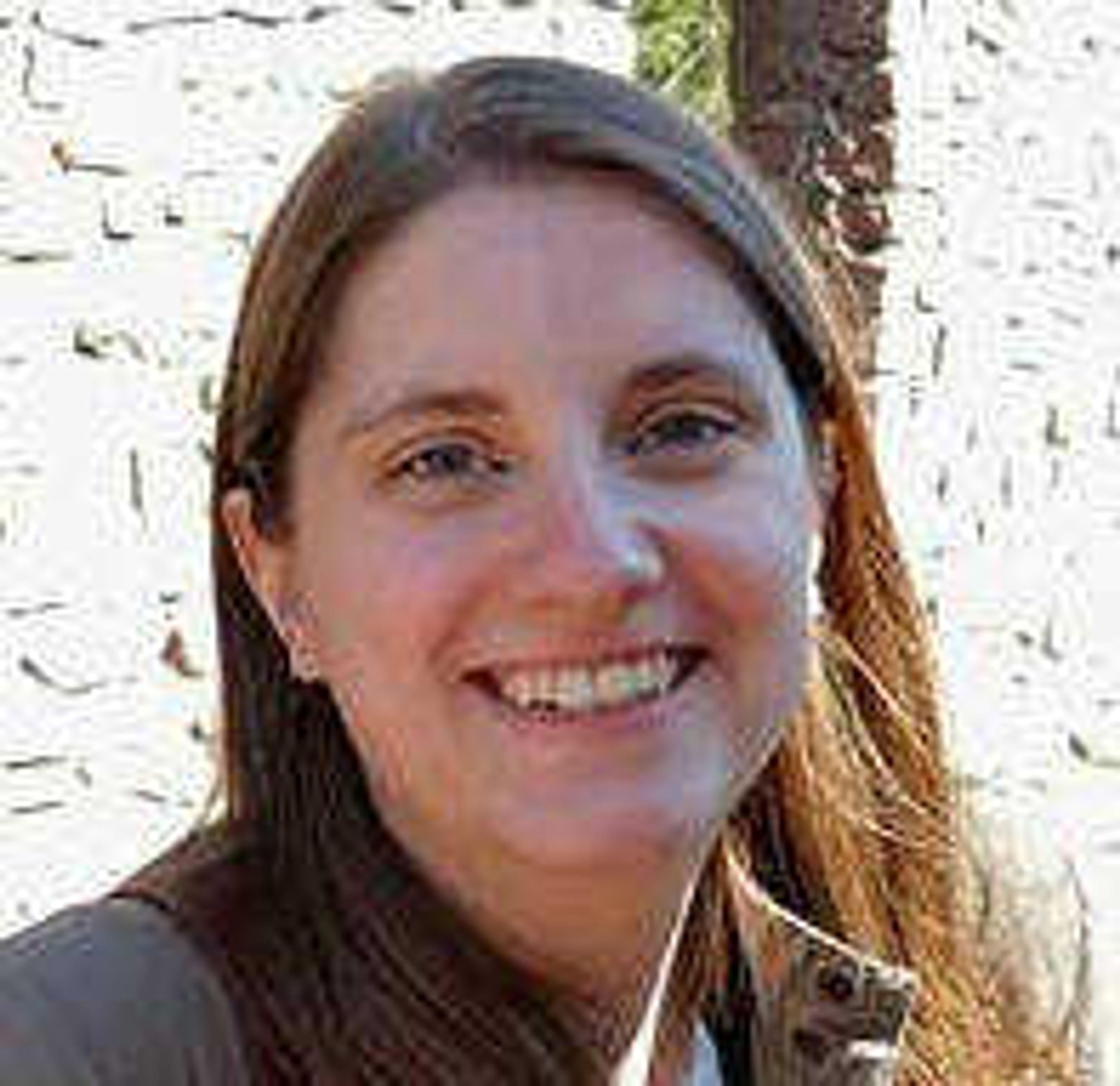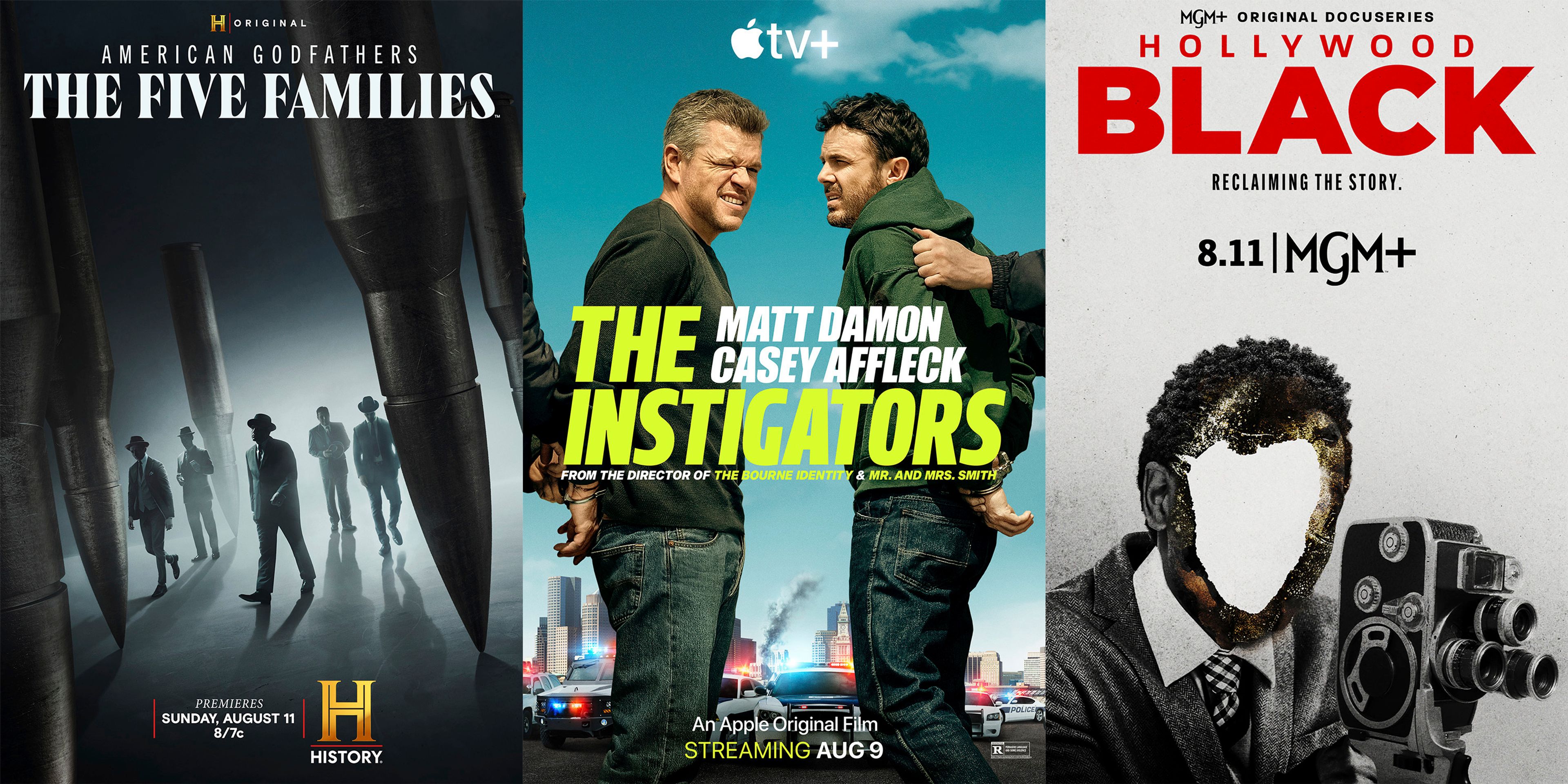A haunting and relevant episode of "The Handmaid's Tale" aired recently. The series is Hulu's adaptation of Margaret Atwood's novel starring Elisabeth Moss as Offred, a woman whose role is to carry a child for a couple who cannot have any in a dystopian society ruled by faith and the patriarchy.
In Gilead, men are kings and women are either wives, servants, or baby factories. If the first season resonated as a warning for the viewers paying the most attention to the news, this second season alerts us even more. There are aspects of the way Gilead came to be that can be identified as signs of a country about to fall into an oppressive regime, signs that can be found in the real world as well.
But it's the 10th episode of this season, entitled "The Last Ceremony," mirroring the most our country's current behavior. Before Gilead, Offred was a married woman with a child of her own, and when the new government took over, her daughter Hannah was taken away from her. Offred has not seen her since then ... until "The Last Ceremony," in which Offred is allowed to have a brief meeting with Hannah. At first, the child is afraid, hiding behind her nanny rather than running into the arms of her estranged mother. But when Offred asks if she remembers who she is, Hannah nods, watching her mother's tearful eyes.
Then come the questions: "Did you try to find me? Why didn't you try harder?" As well as a heartbreaking "I waited for you." All the words any child violently removed from their parents would say, because no matter what they are told, they don't understand the situation and only associate it with abandonment. June finally reaches out to her daughter and gets her close, only to have her torn away from her once again as Hannah asks "Mommy, am I ever going to see you again?"
The entire sequence is devastating, and the whole time it is hard not to think "This seems familiar" -- echoing what is happening at the Mexican border. How can someone watching this show not think of what this government is currently doing and wonder if we are already knocking on Gilead's door, taking a page out of their playbook? Through Elisabeth Moss' performance, how can one not think of those parents who are seeing their children taken away from them, not knowing when or if they will see them again? How can one hear Hannah's questions and not wonder whether those separated children in detention camps wonder the same thing and feel the same way?
"The Handmaiden's Tale," in this episode, was more relevant than ever, and if there is one thing people should do, it's watch this show, take in its violence, the unease it creates in its viewers, the pain it induces, and consider it all a warning. Gilead is closer than we might want to admit.
Connect with the Southeast Missourian Newsroom:
For corrections to this story or other insights for the editor, click here. To submit a letter to the editor, click here. To learn about the Southeast Missourian’s AI Policy, click here.









